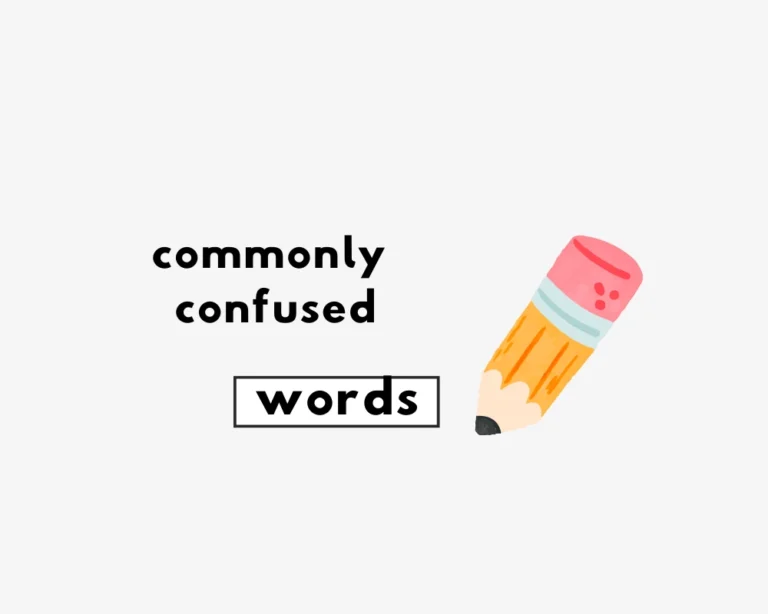What’s the plural of “foot”?
Put your best foot forward, or as a plural, you can put your best feet forward. The answer to the question, ‘what’s the plural of foot?’ ‘What are feet?’ That’s correct.

What’s the singular of foot?
It’s foot. As in, ‘let’s just go on foot.’
What are feet?
The dictionary definition for foot is, “the lower extremity of the leg below the ankle, on which a person stands or walks”.
Other irregular plural nouns (the I-umlaut/I-mutation)
The word foot is an irregular plural noun (it does not end in -s/-es; such as, books). Besides this, it demonstrates the I-mutation/I-umlaut (pronounced uhm-lout) Sounds complicated. Not to worry; it’s mostly smoke in mirrors. See the chart:
The I-mutation effect is seen in the swapping of vowels from singular to denote the plural: foot we spell as feet, to mean more than one foot; goose (sing.) goes to geese (pl.); and tooth (sing.) is teeth (pl.) But then, why does moose stay moose in both pl. and sing. noun forms? That’s because English, as a language, makes no sense. Welcome to the English language.
Practice using the verb in different tenses with example sentences to memorize the correct forms.
Just kidding.
Moose comes from the Algonquian (likely, from the Narragansett which is present day Rhode Island). So, the Algonquian people probably didn’t observe the same rules as the PIE (Proto-Indo-European) Western Germanic family of languages. This is a speculation, albeit a reasonable one to draw.
The reason we can assume this, however, is precisely because moose is moose and not meese. Goose, foot, and tooth are all Germanic words (they come from the Germanic languages of PIE), and the Germanic languages incepted the I-mutation (as far as we’re aware) to denote a plural, i.e., more than one of something.
Examples of foot used in context
1. Each foot is made up of 26 bones, 30 joints and more than 100 muscles, tendons and ligaments, all of which work together to provide support, balance and mobility.
2. Friends stood at the foot of the bed, looking at her with serious faces.
3. To put one’s best foot foremost (or first) was originally recorded 1849 (Shakespeare has the better foot before, 1596).
4. She stamped her foot again.
5. David called to the children from the foot of the stairs.
Feet used in sentences
1. If my feet are in chains, my heart is free.
2. The audience unanimously rose to its feet in a standing ovation.
3. Take the weight off your feet.
4. I worked as a substitute teacher for a while, just to get my feet wet.
5. My feet hurt.
Phrases that include the word feet/foot
- To get your feet wet. (To try something new, or to tell someone to participate in whatever is going on. )
- Sweep someone off their feet (meaning, to be so overwhelmingly infatuated as to be unable to stand. Something like that.)
- Stand on your own two feet (meaning, being able to support oneself on one’s own.)
- Cold feet (meaning, to become extremely nervous about moving forward with a decision; typically used in the context of relationships. As in, ‘he got cold feet and left the bride standing at the altar.’
- Put your foot down (meaning, to say you’re no longer tolerating or willing to accept something that’s going on.)
- Put your best foot forward (meaning, to make a good impression.)
Origin of the word foot
From etymology online on foot:
“Foot,” from Proto-Germanic *fōts (source also of Old Frisian fot, Old Saxon fot, Old Norse fotr, Danish fod, Swedish fot, Dutch voet, Old High German fuoz, German Fuß, Gothic fotus “foot”).
What’s the difference between they’re, their, and there?
Worksheet
What is the plural of ‘a’?
What is the plural of ‘year’?
What is the plural of ‘year’?
Which is grammatically correct?
What makes a sentence grammatically correct?
Question 6: What is the main focus of this grammar content?
Question 7: Which is most important for proper grammar?
Question 8: Grammar rules help with:
Question 9: What is the main focus of this grammar content?
Question 10: Which is most important for proper grammar?
Which aspect is most important when learning grammar?
How can you improve your grammar skills?











